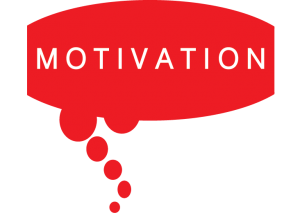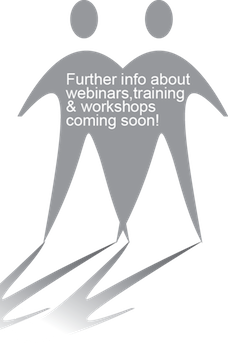Cognitive Motivational Tools
for Negotiating Behaviour Change
Overall Goal of the Training
This three-day workshop will focus participants on examining the myths and faulty assumptions about behaviour change and how these myths are maintained.
Training participants to use a series of “cognitive motivational tools” the goal will be to develop a consensus of understanding about what “change” is all about and, how using these “tools” to assist their clients to develop “intrinsic motivation”, can effectively structure the quality of work with individuals who are “resistant” or reluctant to change.
THE ABC’S OF MOTIVATION AND CHANGE:
This workshop will focus participants on examining the myths and faulty assumptions about behavior change and how these myths are maintained. In doing so, they will understand that while change is possible, it is difficult for most people, most of the time. People, will change when there is a “readiness” to do so … when their motivation for doing something or thinking something different is greater than their “resistance” for not doing so. Motivating people towards change requires that we understand and recognize how to “negotiate” change.
It requires that we re-define how we assess motivation, not as we do typically, from the “outside in”, focusing on what we can see as “observable evidence”… people’s traits or behavioral styles … but rather from the “inside out”. A true assessment of motivation helps the individual to clarify who they want to be and working with this to shed light on developing goals and strategies that maintain change.
The Process of Change:
Participants in the workshop will spend time understanding motivation and the basics of how people change as individuals.
They will come to understand what is meant when we say that an individual is at a particular stage of “readiness”. They will learn how to assess readiness and how to begin to work with individuals in a focused manner that is directed at “where the individual is at the moment”.
They will also understand their role in the process and come to recognize what happens when they push too hard or attempt to force or dictate people into change. They will also learn how to deal with the outcome of pushing too hard, of disregarding the individual’s readiness to change … they will learn to deal with and reduce resistance!
Participants will also learn the essential tasks and strategies associated with “negotiating behavior change” with their clients. Participants will recognize that as it is in the game of chess, these strategies involve fine thought-out moves that require knowledge, skill and finesse.
Essentially, throughout the three days, participants will come to recognize that motivation is not a trait. It is instead a state that is changeable … a commitment directed towards some course of action in which both the clients and we the practitioners play key roles!
An overview of the three day workshop follows. The overview outlines what participants will examine each day and what skills and techniques they will develop using a practical and “hands-on” approach.
Cognitive Motivational Tools for Negotiating Behavior Change:
Day 1:
- ABC’s of Change and Motivation
- What motivates people to change –
- Personal Reflection … What Role Do I Play in Negotiating Change
- What is an effective style?
Recognizing and Understanding Ambivalence to Change
Identifying Counselor Traps … Evoking Intrinsic Motivation to Change
Day 2:
- Assessing Readiness – Motivation & Ability
- Are They Ready? … Understanding the Stages of Change
- Managing Resistance [Resolving Ambivalence] … Tools and Strategies
- Recognizing, Eliciting and Responding to “Change Talk”
Day 3:
- Effective Communication: The Dance of Change
- The Decisional Balance … Creating A Case for Change
- Taking Steps Towards Action
- Tips towards Good Practice
- Putting It all Together: Integrated Practice
Tools
- A rapport building Agenda Setting Tool.
- Readiness Rulers … A tool for assessing the importance [motivation] and confidence [ability] to change.
- A Change Talk tool card to guide recognizing, eliciting and responding to client change-talk.
- The Cognitive Motivational Tools desktop Counsellors Reference Guide.
- Counsellor personal feedback cards to guide interactions with clients.
Techniques
- The ABC’s of Change and Motivation.
- Understanding the nature of the ambivalence to change.
- Classic traps that fail to promote change and how to bypass these traps.
- The 6 building blocks needed for motivation.
- The stages of change applied to the counselling intervention.
- Creating “Dissonance” … “problem awareness” associated with not changing.
- Tipping the Balance towards change … moving clients through the stages of change.
- Assessing readiness to change by measuring: Importance and Confidence to change.
- Dos and Don’ts for initiating and supporting change.
- How to set the agenda for change between the practitioner and client.
- Questions for exploring importance of change to the client.
- Using the Decisional Balance to elicit reasons for change and identifying obstacles holding one back from change.
- Knowing when and how to shift strategies in negotiating behavior change.
- Effective communication techniques for negotiating change and eliciting change- talk statements.
- Reflective listening – learning to “roll with resistance”.
- Understanding the communications cycle—avoiding counsellor traps and lowering client resistance.
- Understanding different levels of reflection and their importance in change.

